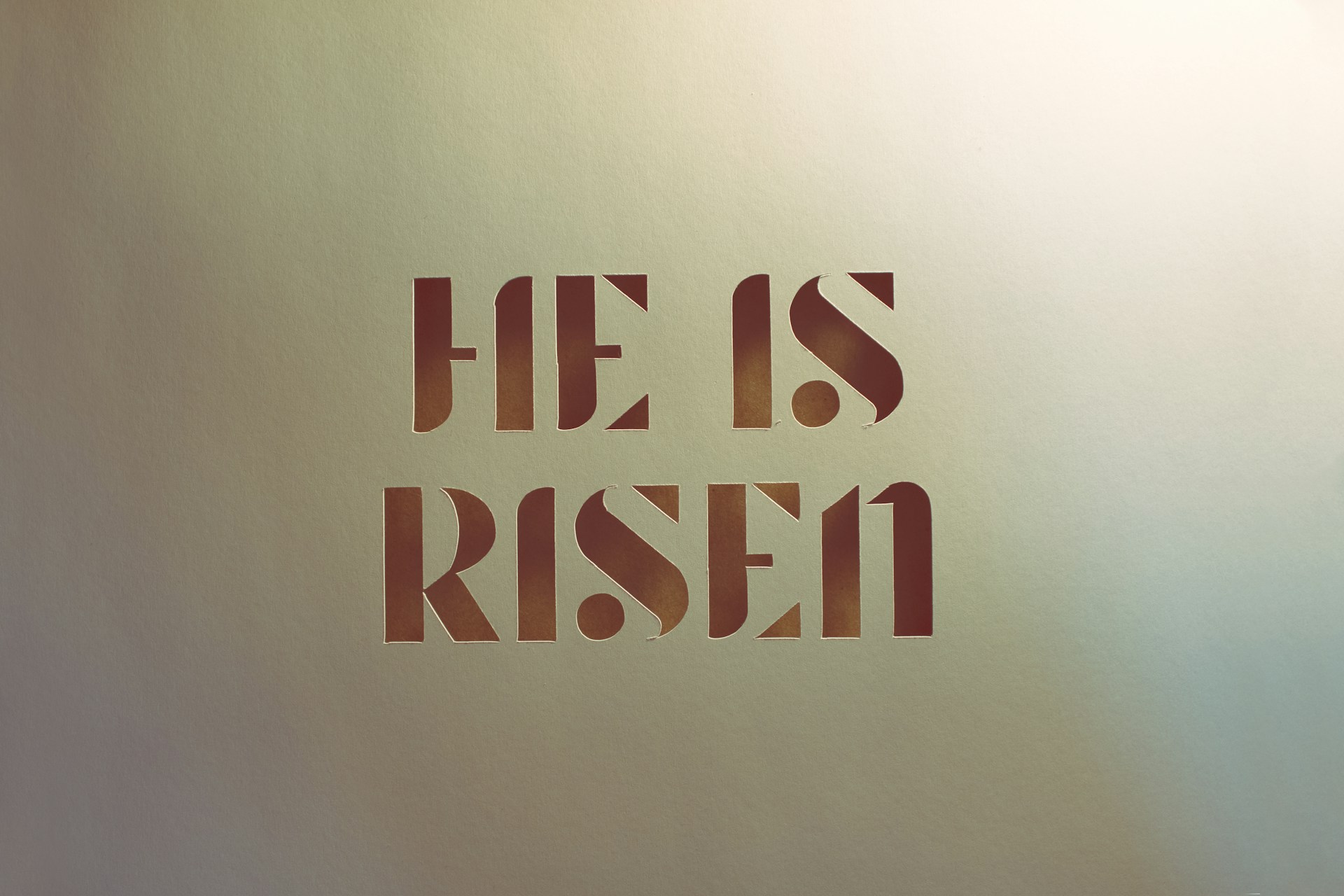A Walk Through Jewish Time, Tombs, and Triumph
Imagine standing in the cool shadow of a rocky tomb outside Jerusalem, the stone just rolled shut. The sky is bruised with grief. The air is still. The teacher, the healer, the friend—Jesus—is gone. And then the waiting begins. One day. Then another. Then a third. Why three?
It’s one of the most whispered questions in Christian circles: Why was Jesus in the grave for three days? Why not one? Or seven? Was it symbolic? Strategic? Coincidental?
Let’s take a gentle walk back through time, back to the culture, the rhythms, and the sacred expectations of first-century Judaism. The answer isn’t just about numbers—it’s about meaning.
The Jewish Clock Ticks Differently
To understand the “three days,” we have to adjust our modern watches. In Jewish tradition, a day doesn’t begin at midnight but at sunset. This goes all the way back to Genesis—“And there was evening, and there was morning—the first day.” (Genesis 1:5)
So when Jesus died on Friday afternoon—what Christians now call Good Friday—that counted as Day One, even though only a few hours remained before sunset.
Saturday, the Sabbath, stretched from Friday sunset to Saturday sunset. That was Day Two.
Sunday, beginning at sundown Saturday, brought Day Three—the day the tomb broke open.
In this reckoning, even a part of a day counted as a full day. So “three days and three nights” was a common way of speaking—even if it wasn’t literally 72 hours.
Prophecy Woven in Tradition
This wasn’t a random schedule.
Jesus Himself said, “Just as Jonah was three days and three nights in the belly of the great fish, so will the Son of Man be in the heart of the earth.” (Matthew 12:40)
He was referencing Jewish storytelling—and prophetic patterns. Jonah wasn’t just a fish tale. His three days in the deep represented judgment, reflection, and ultimately, redemption. The Jewish audience would have understood that rhythm.
In fact, the phrase “on the third day” appears dozens of times in the Hebrew Scriptures, often tied to revelation, rescue, or covenant.
- Abraham’s journey to sacrifice Isaac? Third day (Genesis 22:4).
- God giving the Law on Sinai? Third day (Exodus 19:11).
- Hosea prophesying revival? “After two days He will revive us; on the third day He will raise us up.” (Hosea 6:2)
In other words, something big often happens on Day Three.
Guarded and Sealed: Death Was Certain
Now, here’s a more practical layer—Jewish burial customs.
According to tradition, the soul hovered near the body for up to three days, hoping to return. But by the fourth, decay set in, and the body was considered truly dead—beyond hope. That’s why Jesus waited four days before raising Lazarus. It wasn’t just to make it harder—it was to make it undeniable.
So if Jesus rose on Day One, skeptics could say He never really died. Day Two? Still maybe. But Day Three? That sealed it.
God wasn’t just planning a miracle—He was closing every doubt.
A Weekend of Waiting
Now step into the sandals of the disciples. Friday broke their hearts. Saturday silenced their hopes. Sunday morning… they were still mourning.
They didn’t know Sunday would end with joy.
That’s why the waiting matters. The silence. The heaviness. It’s part of the journey. God could’ve raised Jesus instantly. But instead, He let time teach. Let grief settle. Let the world pause.
Because resurrection isn’t just an act—it’s a reversal. And reversals take time.
The Third Day Is a Pattern
Three days isn’t just a line in a timeline. It’s a story arc.
- Day One: Pain.
- Day Two: Silence.
- Day Three: Resurrection.
It’s a rhythm we still live through.
Lost your job? Had a betrayal? Faced a dark season?
You’re likely somewhere between Day One and Day Three.
But the story’s not over.
Jesus turned a borrowed tomb into a birthplace.
And He did it… right on time.
Want to Explore More?
The Hekima Bible App doesn’t just read you scripture—it reveals it. With our Tap-to-Explain feature, you can explore why verses say what they say, who they were written to, and what they mean for you.
Ask your questions. Read with context.
You’ll find that resurrection isn’t just history—it’s personal.
Death had its moment. But life had its comeback.






